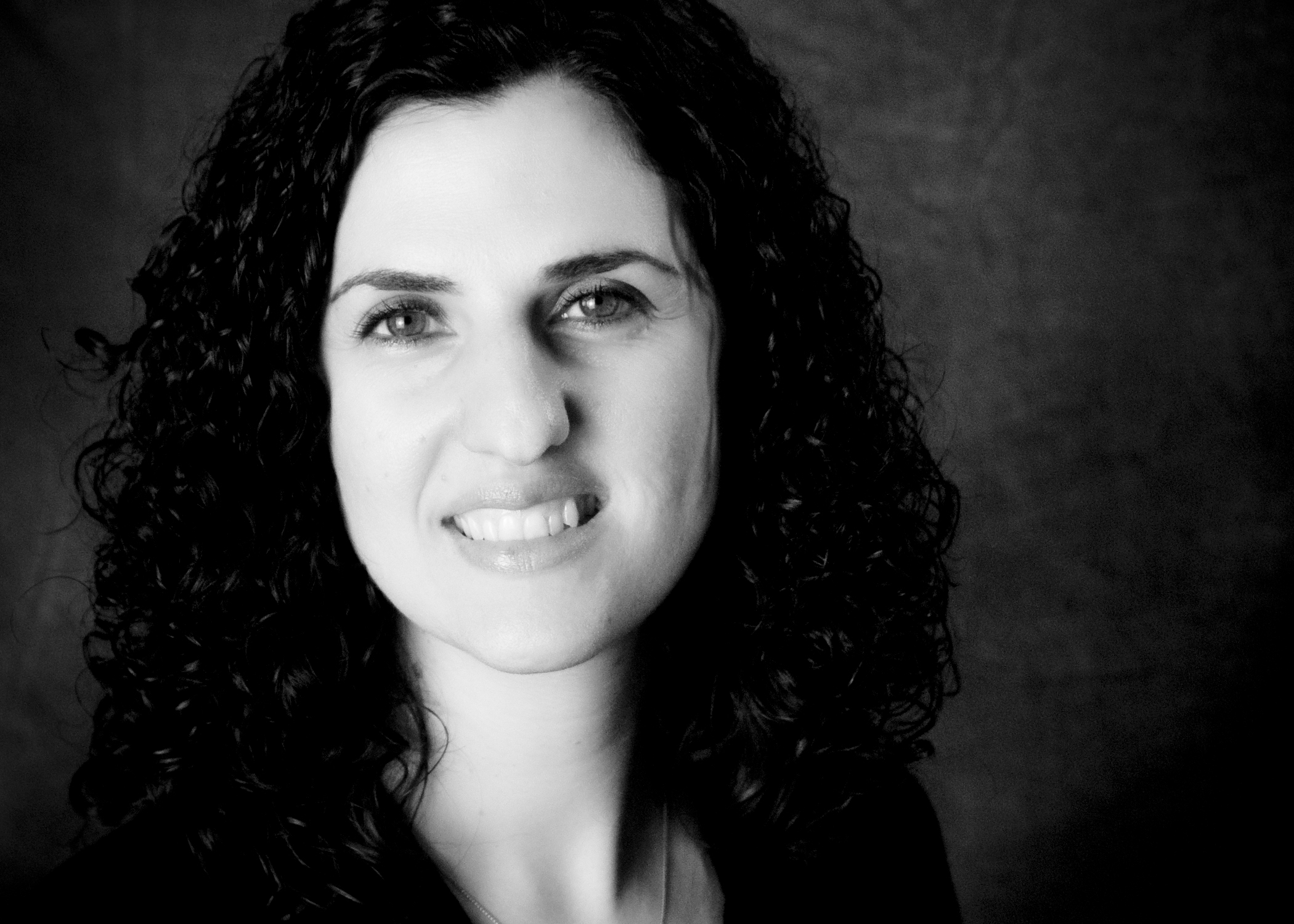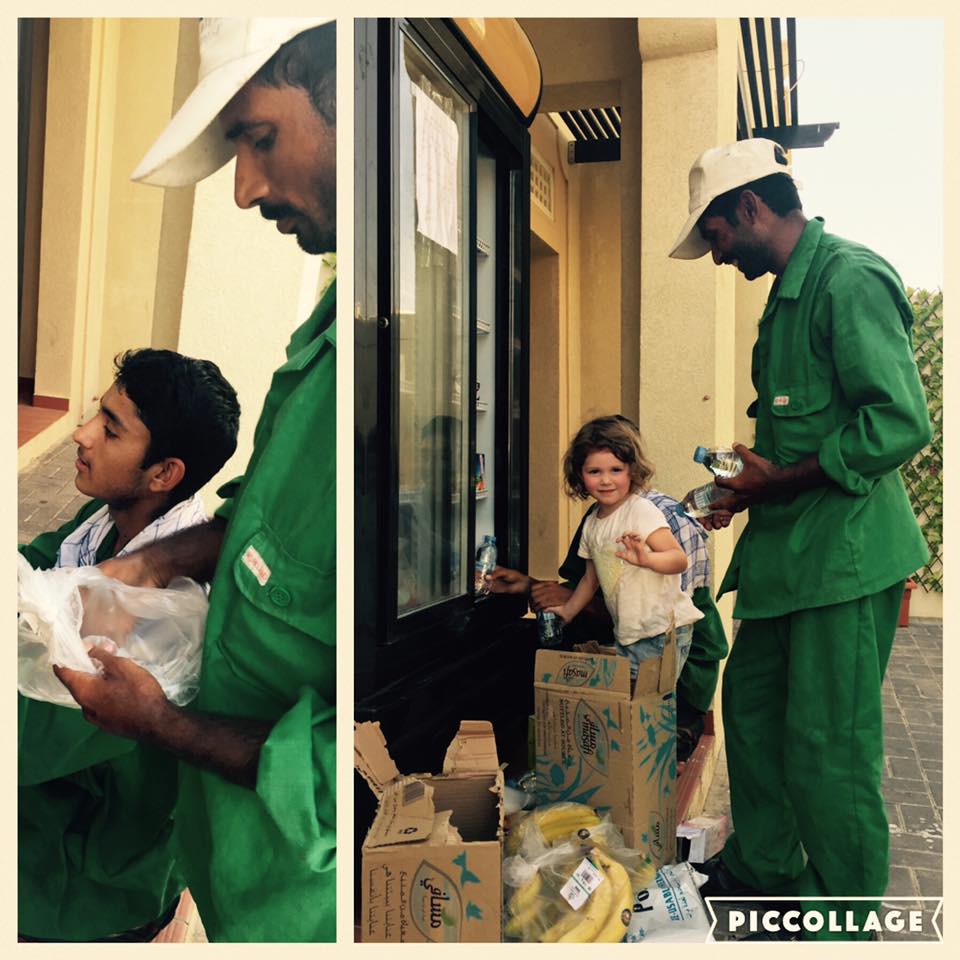The fall of my senior year in high school, my mother drove me up and down the state of California for college campus tours with little complaint. It wasn’t until my scheduled tour of UC Berkeley that Mama snapped. We’d made it to Telegraph Avenue. On one corner, dreadlocked men and women played conga drums. Vagrants with unruly hair and weary faces sat outside storefronts. Street vendors sold incense, wooden figurines, and oils to motley mix of students, both preppy and punk. Where some people saw diversity and pulsing eclectic energy, Mama saw danger.
“Lock your doors,” Mama said, both hands gripped the wheel.
My sister, Lina, and I complied readily. Mama asked this of us as soon as we passed into any urban setting. However, once we arrived at University Avenue, Mama did not move into the right lane like I’d expected, but instead signaled left and stopped at the traffic light. She glanced over at me and said, “I’m sorry, Huddie. I can’t. Not here. Not my baby.”
Looking forward, she muttered to herself, “How do people send their children to school here? Do I look like I have children to spare?”
To the left of our car stretched University Avenue with its ethnic restaurants, Indian shops with mannequins draped in glittering saris, and the highway. We were going home.
I turned around in the passenger seat and exchanged a look with Lina in the back. By the time my mother was my age, she’d left her high school in Iraq, gotten married, and moved to another country. The way I saw it, I was lucky enough to be going to college, and as the oldest daughter in our family, I was used to abiding by all sorts of rules and limitations. No colleges that were beyond a few hours driving. No bathing suits in public. No school dances. No dancing in gatherings of men and women. No sleeveless shirts or dresses. No skirts above the knee. No sleepovers. No guy friends.
As the child of immigrant parents, it can be difficult to untangle which dictates come from your religion, which are from your culture, and which are just particular to your parents, so I didn’t bother. I went to Santa Clara University, a spotless campus an hour and a half away from home. I got married after my second year of college to the son of our closest Iraqi family friends. After graduation, I followed my husband to another country for his schooling. It was there that parallels to my mother’s story began swirling around in my mind. I often reflected on how I’d come to follow such a similar path, but I couldn’t pinpoint a source. Some days I attributed my choices to an amalgam of tradition, culture, and religion. Some days I wondered if it had been nothing more than sheer imitation.
Two years after I graduated from college, my mother called to tell me that my sister was applying to UC Berkeley. Shocked, I said, “You wouldn’t even let me get out of the car, and you’d let her go to school there?”
“She loves it, and it really does have the best reputation for her major.”
I felt as if I was talking to an entirely different parent.
“Would it have mattered if I told you it was the best school for my major?”
“I don’t know,” Mama said. “You never pushed for it, so I figured why would I encourage you.”
She was right. I never pushed. In fact I never mentioned that missed campus tour again. Maybe this was a simple matter of Lina asked and I didn’t. Maybe there was something to be said about birth order, the older sibling paving the way for the younger. Maybe my mother had accepted that no matter how hard she tried, she couldn’t keep her kids close.
This was the first time, but not the last time, I realized how often I otherized my own family. I attributed too much to being Muslim, or being Arab, or Iraqi. While there certainly were commonalities between my family and our friends from similar backgrounds, I never took the time to consider the ways in which my family was unique. In raising me, my parents had motivations and histories that were sometimes more layered, sometimes more ordinary, but always more complex than a simple issue of ethnicity.
Now that I am a mother, I appreciate my mother’s anxieties in a different way. In a few weeks, my daughter’s fourth grade class will go on an overnight camp. My husband and I don’t want her to go. At first I wanted this to be about our Arabness or Islam because I wanted an airtight argument that her well-meaning teachers couldn’t penetrate with reassurances. I dug for all sorts of justifications, and I found them easily. I told myself that fostering such independence so early on was an American value, not an Arab one. We didn’t need to cultivate that kind of individualism in our children at this age. Right now, our family wanted to emphasize the value of interdependence.
Eager to get my husband on board with this reasoning, I asked him, “Don’t you think it’s so American to push this kind of independence so early?”
“No,” he said, “I just think she’s too young.”
It never occurred to me to reach for logic that could apply to anyone, that I could simply believe my daughter was too young, and leave it at that. Underneath all the reasons spinning in my mind was the basic truth that neither one of us was ready to let our child venture off into the wilderness and sleep outside in a tent with her classmates. There was no part of that description that appealed to us and it had nothing to do with being Arab or Muslim and everything to do with being parents.
In the end, I decided to chaperone my daughter’s field trip, but I know I am merely postponing the inevitable. There will be more camps and trips. There will be graduations that launch a parade of departures. And, on those days, when the pain of letting go surrounds me, I will think of my mother and the longing to lock the door and turn around.
Huda Al-Marashi is an Iraqi-American at work on a memoir about the impact of her dual-identity on her marriage.
Photo Source: Huda Al-Marashi






Amazingly well-written .. And relatable. I think we’ve lived parallel lives 🙂
Dear Huda,
What you say touches me on so many levels!!!
I often think what I would do when my daughters are at that stage of their lives!
Thanks for this beautiful piece!
Yusra